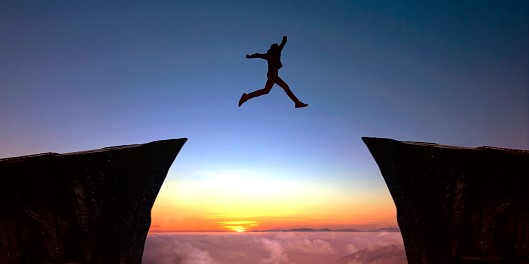The 2020 Olympics has been a triumph against the odds for the hosts, and for Team GB, but this event more than any also bought to the fore the mental health challenges the sporting elite face. Simone Biles supreme talent and unprecedented career success further crowned by her successfully beaming over Piers Morgan’s bile.
No early adopter here, these recent testimonies made me finally sit down, brace myself, and watch two significant documentaries of the year, Ian Wright: Home Truths, and Freddie Flintoff: Living with Bulimia. Jolting, provoking, and heart wrenching, two stories honestly told.
I don’t entirely subscribe to mental health conditions being gender based, although some are inevitably gender biased. All humans are susceptible. But I do subscribe to the fact that sociological conditioning makes men less likely to disclose and seek help. The production of these documentaries highlighted these powerhouses of sporting prowess and achievement can bring authenticity to extremely traumatic and horrendously common experiences and raise critical awareness for the primetime public eye.
The domestic violence that Wright grew up with, witnessing it against his mother, and the physical and psychological control and bullying that he too experienced at the hands of his stepdad was a devastating story to witness. The impact on his older brother as he tried to shield him, in vain. How did it influence his persona on the pitch, a self-confessed unmanageable anger, did it make him one of the best strikers of his generation? Was he fuelled or fenced by this childhood experience? Wright survived, and somehow thrived, but many children don’t.
Flintoff, the best all-rounder in modern cricketing memory, became consumed with bulimia nervosa after a programme of coverage from the tabloid press labelling him fat and unfit, even irresponsible, in his early twenties. Yet as he still smashed sixes and crushed wickets in response, the scars and cycle remain with him now in his forties. Interestingly he began to open up a decade earlier, in his thirties, about depression, but still couldn’t disclose his battle with bulimia. And even now, can seemingly still not bring himself to seek help as he perceives it to be under control, despite a daily battle with food and subsequent excess of exercise. Credit to his own will, he’s found a strategy and balance because he’s had a “lucky” career, rationalises the mental health challenges as a fair cross to bear.
They have each continued to have astounding careers, MBE awarded sportsmen, pundits, presenters, writers, dads, entertainers on dancefloors and in jungles. Powerful, and relatable emblems of what can be overcome and achieved.
We are so proud and fond of our sporting heroes, and so perhaps we can accept them being fallible.
That fallibility needs to continue to be discussed, shared, promoted, and one day, maybe not be seen as fallibility but just human nature, and human nature than can be supported and helped. Ian and Andrew will never be lesser sportsmen, they will only be greater humans.
And still there to watch:
https://www.bbc.co.uk/iplayer/episode/m000n1xx/freddie-flintoff-living-with-bulimia
https://www.bbc.co.uk/iplayer/episode/m000vt7g/ian-wright-home-truths

